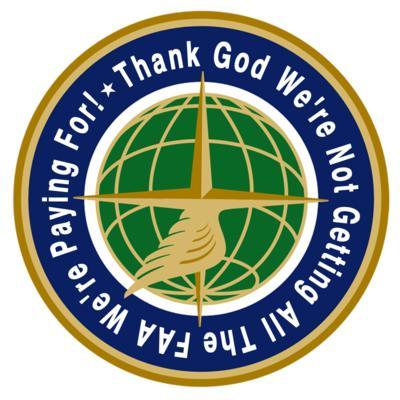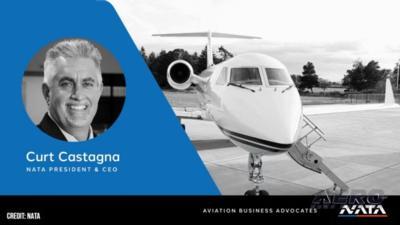Industry Reacts to FAA Committee on Charter Operations
The Air Line Pilots Association weighed in on the tightening noose around Part 135 operators, celebrating the FAA's decision to form a panel and study safety data for the small-time pseudo-charter operators they've long cited as flouters of Part 121 regulations.

Much of the argument has surrounded the feasibility of JSX, a public charter operator that has made the best of the regulatory environment to offer travelers an easier, less stressful travel environment aboard smaller 30-seat Embraer ERJs. The "hop on jet service" came into being in 2016, and has grown in recent years, helped along by some novel structuring and a timely boom in charter ops thanks to bothersome pandemic rules in the airport industry. JSX (formerly JetSuiteX) is able to "charter" aircraft from a subsidiary, then resell seats on those planes to the general public. It's understandable why customers like it: Smaller airports can be served throughout the JSX network, giving them better point-to-point travel options aboard something that resembles a private jet experience.
But most of all, JSX is able to offer something big 121 carriers cannot: A travel experience free of everything passengers hate most about going to the airport. As a charter operator, JSX can use the same FBO terminals GA pilots use, and skip all the hassle, scanning, patting, and shouting experienced in TSA checkpoints. As a body largely focused on Part 121 operators, ALPA has been quite happy to call attention to what it deems the "public charter loophole", weighing in with enthusiasm at the prospect of a future crackdown on JSX and any similar operators.
"JSX touts that its passengers can avoid normal security-screening protocols that protect passengers and the rest of the country. Allowing JSX’s passengers and their baggage to bypass the screening regimen that all other scheduled commercial airline passengers and bags must go through is a significant risk that must be eliminated."

ALPA, speaking from a position of friendliness for the bigger fellows in the sector, apparently doesn't want to see a young upstart avoid 'paying their dues' the old-fashioned way, citing JSX's 110,000 scheduled departures against Piedmont Airlines, a similarly sized Part 121 operator. The union said that JSX undercuts the safety of the flying public, citing their battle against its operations as pushing "back against attempts by corporate interests to cut corners." And that "safety" argument is their favorite weapon, invoked in just about every stance they have, to the near total exclusion of what a union is supposedly made for - protecting the interests of its membership. While the safety debate can be argued, it must be remembered that the ALPA is there to protect its interests, too - and companies who seem to sidestep the rules they play by won't find any friends there.
The National Air Transportation Association was more measured in its commentary on the issue, seeing the FAA's decision to convene a committee and research the charter question as an even-handed approach to the problem. They seemed welcoming about the committee, since it should give the industry a way to really study the issue and assess the data without corporate influence.

“Part 135 operators provide valuable, safe, and secure services across the nation, offering transportation solutions and driving economic development in countless communities that are not serviced by the commercial airlines," said NATA CEO Curt Castagna. "The part 135 industry also serves as a workforce development pipeline for experienced pilots and skilled aircraft mechanics critical to the continued safety, efficiency, and growth of our nation’s commercial aviation sector. NATA is committed to safeguarding the part 135 regulatory environment from regulatory changes – intended or unintended – that would jeopardize the safety or success of aviation businesses."
"We expect the rulemaking process will provide time for the FAA and all interested parties to fully understand the historical record from the DOT and FAA, as well as the safety record of public charter operators to base any changes on accurate data rather than competitive issues," added NATA"s Castagna. "Public charter is a longstanding economic authority granted by the DOT that has existed for over 40 years. Despite the frequent use of the term "loophole," the record supports that public charter operators were always able to utilize the services of any licensed carrier including on-demand operators."
 ANN's Daily Aero-Term (12.13.25): Light Gun
ANN's Daily Aero-Term (12.13.25): Light Gun Aero-News: Quote of the Day (12.13.25)
Aero-News: Quote of the Day (12.13.25) NTSB Final Report: Gippsland GA-8
NTSB Final Report: Gippsland GA-8 Classic Aero-TV: Historically Unique -- Marlin Horst's Exquisite Fairchild 71
Classic Aero-TV: Historically Unique -- Marlin Horst's Exquisite Fairchild 71 Airborne 12.12.25: Global 8000, Korea Pilot Honors, AV-30 Update
Airborne 12.12.25: Global 8000, Korea Pilot Honors, AV-30 Update





